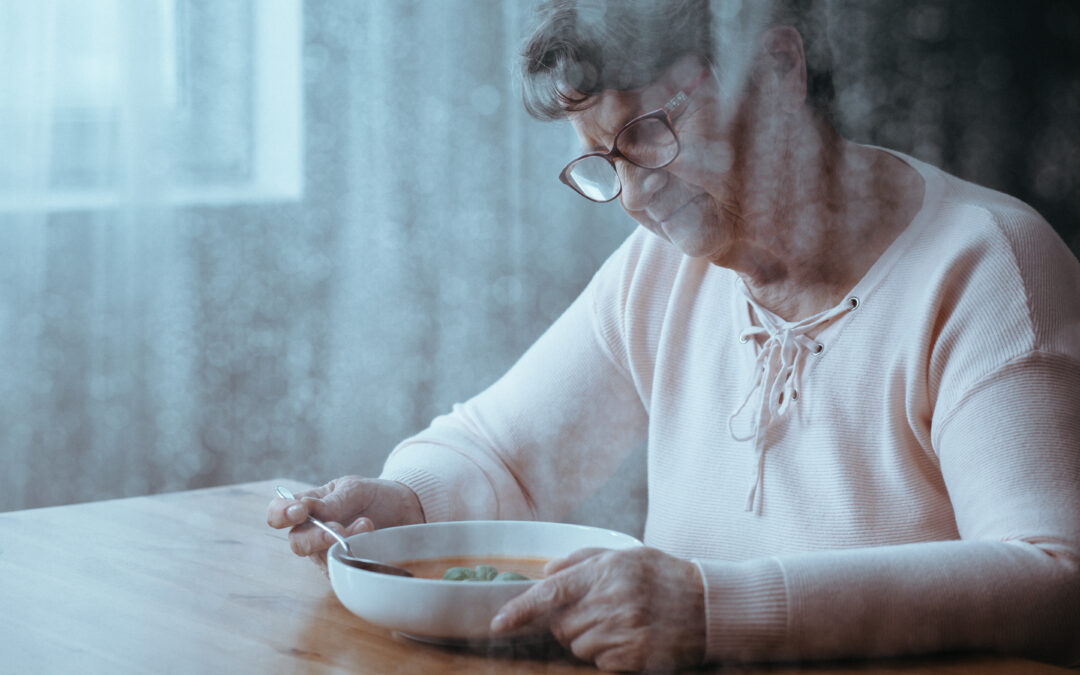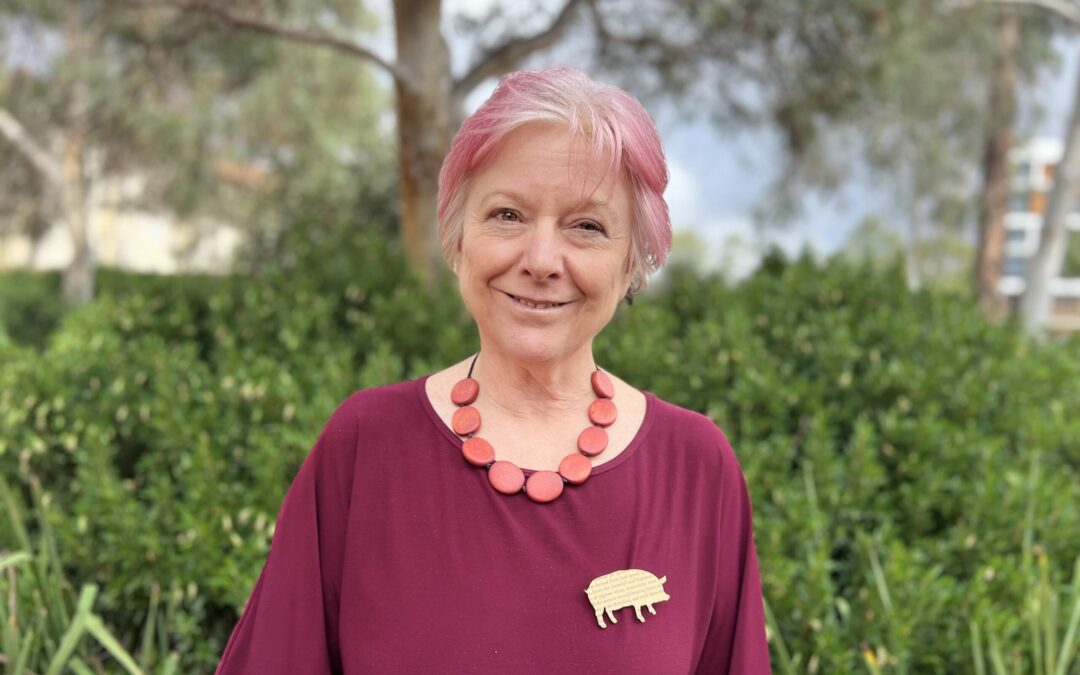This editorial is inspired by a new play that’s on in Melbourne called #NoExemptions, written by Angela Buckingham. In the not too distant future, global environmental collapse triggers wars, the movement of millions of people, failure of mass food production and the breakdown of democracies. The play focuses on one woman’s desperate struggle to survive. Maria lives in a city plagued by chronic food and water shortages. Now it is survival of the fittest and young people have the competitive advantage. Here Anglea reflect on its themes.
“You were for us, not for you. Before you were born we knew the world would not be good for you.” – Maria, #NoExemptions
Children have been born into times of peril through-out our history. Through wars, plagues and famines, children have come. But in Australia today, we have greater choice to have or not to have children than ever before. This is not saying that all of us can have children or that all of us have children because we’ve made a conscious choice to do so but social mores, contraception and fertility technology have given more of our generation a greater degree of control than parents had in the past.
This control, this capacity to choose, brings with it heavy obligation because children have no choice in being born.
As parents we make that crucial decision for them. Therefore parents have responsibility for the world that we bring our children into. In light of climate change and predicted environmental realities, I’m not surprised when people tell me they are choosing not to have children. As a mother who already has children, this obligation, and our collective failure to meet it, causes deep anxiety.
The climate threat that faces us is not just on graphs, in dire warnings from scientists, on some distant cracking ice shelf. It is not just in mega fires and unprecedented floods. It will face us in the accusations of our children. The school strikers are only the beginning of inter-generational reckoning.

Angela writes: The school strikers are only the beginning of inter-generational reckoning. Our children will ask us what did you know, when did you know it and what did you do about it? Picture: Stock image
Our children will ask us what did you know, when did you know it and what did you do about it? The “what did you do about it” question causes me real heart ache because voting, changing our lifestyle and protesting on the streets have so far been inadequate in bringing necessary change.
This anxiety is explored in #NoExemptions, a new theatrical work playing at La Mama Courthouse this week. Theatre creatives map out this emotional, philosophical and political territory in the context of inter-generational responsibility and climate change. On stage the director, Susie Dee, strips out all distractions, diversions, and sentiment from the story to give a direct, unadorned telling of truths – of the extremity of life that lies in wait. Our shared responsibility to the generations following us is made personal, within one family, between parents and their child. It is within our closest relationships we feel the true cost of social and environmental failure.
This imagined future is shown with the bones of our world, the rubbish left once everything has broken down. Sound designer, Ian Moorhead, identifies that “Sound heightens the threat of the world that exists outside the apartment…a menace that is heard but never seen.”
Production designer, Sophie Woodward, takes that threat and multiplies it, by “creating a neon box, echoed by the neon square behind it. Thus representing that this room is just one of many.” Imminent danger informs every aspect of this production as it should inform our current political debate.
This is art dealing with the big political questions. Our creative motto has been “to change the future we must first imagine it.”
This imagining, by #NoExemptions and other artistic projects, is crucial to stirring new political action because our democracy does not seem up to the challenge of addressing climate change. The timeline of this crisis, the need for rapid transformation, means incremental political action is now futile. Our current political system offers us an incumbent government with wholesale vandalism as environmental policy.
Our other major party is deeply bruised by the rejection of a moderate policy to deal with climate change at the last election. After this last democratic exercise, too many commentators spouted the opinion that Labour lost in 2019 because of “rejecting coal” instead of interrogating the impact of 80 million dollars of corrupting, distorting and overwhelming political advertising. Today big mining funds political parties.
Our media is overwhelmingly owned by one source. These political and systemic failures generate this urgent and desperate theatre because if the system fails – responsibility rests with us as individuals, and especially as parents.
This failure of incremental action and moderation is a terrifying predicament. Revolutions are bloody, messy and often ineffectual. The problems that loom ahead of us are intense. This is not an abandoning of hope, rather an understanding that we must be the change we need.
Theatre like #NoExemptions becomes a “help wanted” ad for passionate people, effective activists and change makers, understanding that we are the ones who need to step up to answer the urgent call for climate action. We need to do more, we need to do it now, before our children not only question our inaction but hold us to account for it.
- #NoExemptions is on now at La Mama Courthouse in Carlton until Sunday 8th May. Tickets are available at lamama.com.au
Angela Buckingham is a Melbourne writer, focused on historical narratives - fact-based dramatic texts that demand intensive research work.





